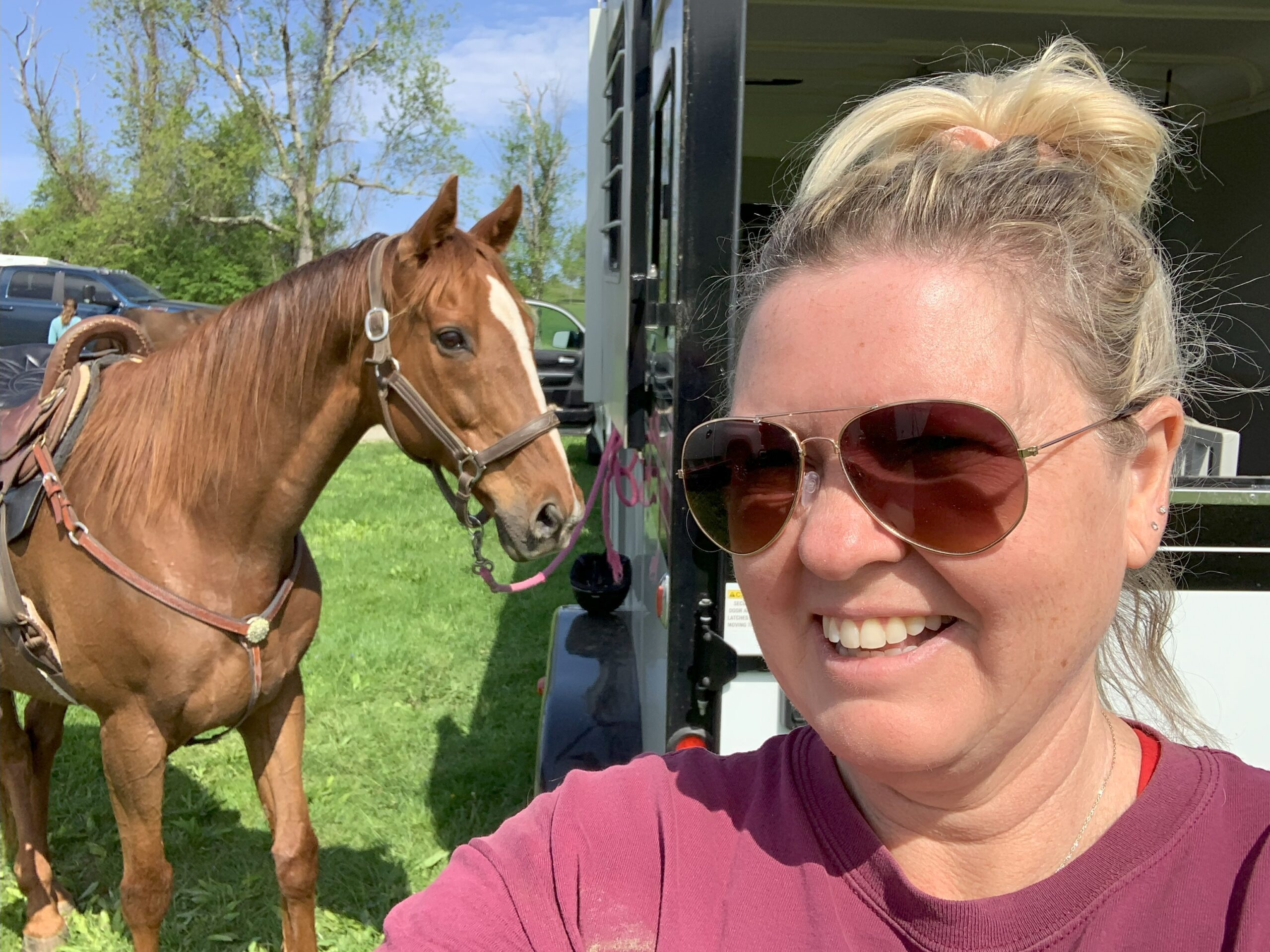Why Scaling Business Coaching Matters
Scaling business coaching helps entrepreneurs make the mindset, systems, and leadership shifts required to grow sustainably. The strategies that launched your company aren’t always the ones that will scale it—coaching closes that gap.
The Scaling Paradox: From Founder-Run to Scalable
Hands-on strengths that fueled early success—direct control, personal client ties—can limit growth. Scaling business coaching guides the transition from doing the work to leading the work.
How Scaling Business Coaching Drives Growth
1. Objective Perspective on Scaling Blind Spots
A coach provides an outside lens to spot bottlenecks and opportunities you can’t see from inside daily operations.
2. Strategic Planning with Accountability in Scaling
Turn vision into action with clear goals, quarterly plans, KPIs, and real accountability so strategy doesn’t get buried by busywork.
3. Systems Development for Scalable Operations
Document processes, automate repetitive tasks, and add quality controls so the business grows without chaos.
4. Leadership Growth Through Scaling Business Coaching
Shift from doer to leader: delegate effectively, communicate at scale, hire well, and protect culture as you expand.
5. Financial Strategy to Scale Sustainably
Align pricing, cash flow, and capital allocation with growth goals; track metrics beyond revenue to gauge true health.
6. Mindset and Resilience for the Scale-Up Journey
Replace limiting beliefs, build resilience, and lead confidently through uncertainty and rapid change.
Finding the Right Scaling Business Coach
Look for relevant scale-up experience, a structured methodology, balanced focus on systems and leadership, and measurable client results.
The ROI of Scaling Business Coaching
Returns show up in faster decisions, stronger teams, clearer strategy, and sustainable revenue growth—plus reduced stress and better balance.
Your Next Step to Scale with Confidence
Ready to move beyond the plateau? Explore Jennifer Dawn’s business coaching or schedule a call to map your next stage. Take the Business Freedom Quiz to pinpoint your scaling constraints.
Relevant Links Mentioned
- U.S. Small Business Administration – Small Business Insights
- International Coaching Federation – Coaching Research
Links from Jennifer
Connect with Jennifer:
- Schedule a call with Jennifer: https://jenniferdawncoaching.com/schedule-call/
- Explore Business Coaching: https://jenniferdawncoaching.com/business-coaching/
- Take the Business Freedom Quiz: https://app.jenniferdawncoaching.com/freedomquiz
- Visit our website: https://jenniferdawncoaching.com/













